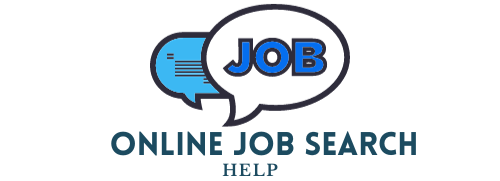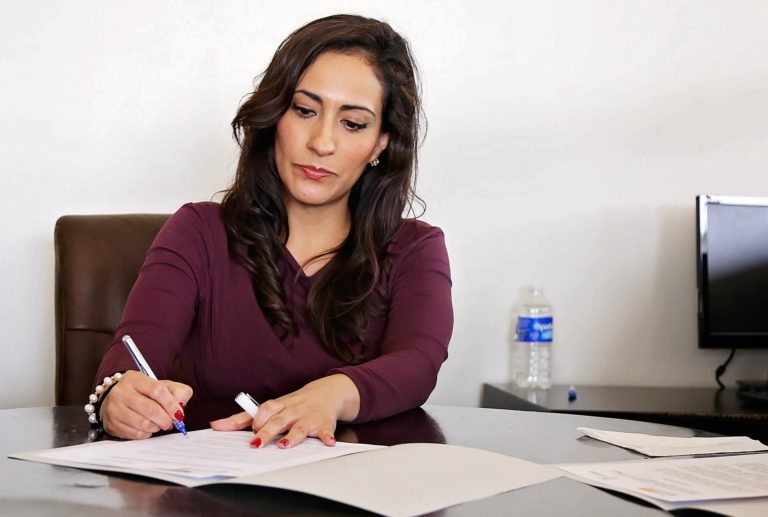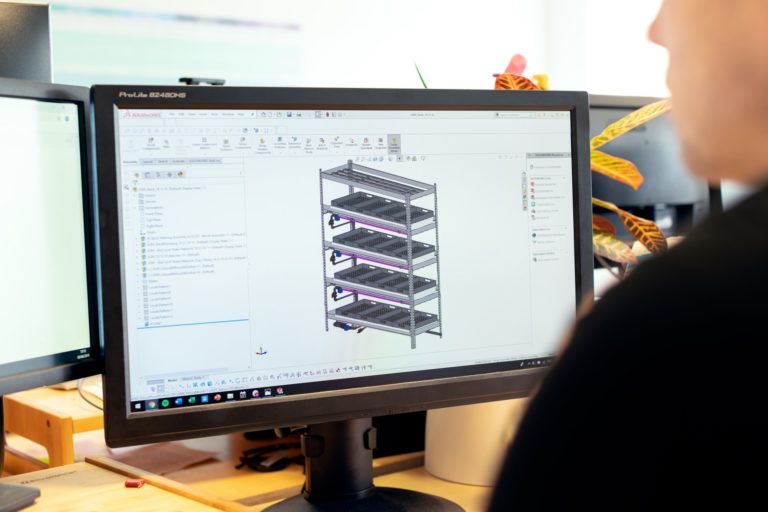What Is A Preliminary Interview? Tips To Succeed
During the selection procedure, many Human Resources professionals utilize a preliminary interview to screen potential employees. You must make an excellent first impression on a hiring manager during this type of interview. Prepare for the sorts of questions they might ask you by preparing. In this post, we describe what a preliminary interview is, offer advice on how to perform well in it, provide some sample interview questions, and answer commonly asked questions about these interviews.
Table of Contents
What Is A Preliminary Interview?

Many employees face a preliminary examination, often in the form of a screening process. Employers evaluate numerous applicants during a preliminary meeting and reject those that do not match the job requirements. Of course, the aim of the candidate is not to be on the blacklist.
From the perspective of a candidate, a preliminary interview is the first step toward being hired. However, it may also be used to make a good first impression on the recruiter and qualify for the following round of interviews. It also provides the opportunity for candidates to increase their chances in the race.
A formal interview is generally longer than a preliminary interview. The conversation during a preliminary discussion typically focuses on the job requirements.
These interviews are very quick, so candidates aren’t given a lot of opportunities to speak. Candidates, on the other hand, have a golden chance to wow employers right from the start!
Tips To Succeed In A Preliminary Interview

Here are some pointers on how to make a favorable first impression during your next preliminary interview:
Learn About The Company
During a preliminary interview, hiring managers frequently inquire about your knowledge of the firm. Do some groundwork before calling them. Look into the company’s services and products to learn more. Get to know some of the firm’s top clients as well. Make an attempt to come up with at least two compelling reasons why you want to work for this firm.
Create An Elevator Pitch
During the preliminary interview, you’ll have an opportunity to make a strong first impression on your future employer. Prepare a one-line elevator speech to offer when an interviewer requests information about yourself. You should describe your abilities, experiences, and major accomplishments within your elevator pitch. Outline your reasons for wanting to work for this company.
Treat It Seriously
While your short preliminary interview is only a few minutes long, you should treat it with the same amount of care as an in-person interview. Make sure you’re ready to take their phone call the first time they dial. Send a professional email to the hiring manager with your name at the top. Respond appropriately, stating your name so they can be sure they’re speaking with the correct individual. Make an effort during the interview to respond as fully and accurately as possible to each of the employer’s questions.
Make A Lasting Impression
Although an employer won’t be able to see your body language if the interview is conducted over the phone, you may demonstrate that you’re interested in the position with your tone of voice. Try to sound happy and energetic during the conversation. Make a point of conveying both your professional and personal sides.
Prepare For Common Interview Questions
Hiring managers commonly stick to a basic level of questions during the early stages of an interview. Prepare yourself for a short summary of your experiences and ambitions as a candidate for this position. You may be asked to discuss your greatest qualities and limitations. It might be beneficial to have a friend do a mock interview with you so that you can perfect your responses.
Send A Follow-Up Letter
Send the hiring manager a handwritten note or an email after your first meeting to thank them for speaking with you. Reiterate that you are looking forward to hearing from them and that you would be interested in learning more about the position.
What Is The Purpose Of The Preliminary Interview?

A preliminary interview is a sort of screening examination that recruiters do to find out more about you. It is primarily an introductory meeting in which we attempt to obtain basic information and discuss the job description. Its goal is to identify qualified individuals who match the company’s requirements.
Candidates frequently make the error of accepting a preliminary interview too quickly. Make sure you don’t fall into this trap and miss out on the first round.
During a preliminary interview, employers weed out all the wrong prospects. They also look for signs that a candidate’s abilities are relevant to the company’s requirements. Employers also seek to see if a person would be committed to their responsibilities.
As a result, a preliminary interview is an excellent opportunity for candidates to make a first impression. As a candidate, you should approach your preliminary interview with honesty and conviction. It may help you catch the recruiter’s eye from the start of the recruitment process!
Here Are Some Sample Interview Questions
It is also necessary to keep up with industry developments. Interviewers are employing different strategies to comprehend a candidate’s personality.
The behavioral interview questions are frequently used in the early phases of the recruitment procedure. As a candidate, you must be able to answer these inquiries. Make sure you’re up to speed on these new strategies so that you can respond confidently.
What would you do if a difficult behavioral question comes your way in an early interview? Are you ready to answer questions and give clear and precise answers? Remember to ask yourself these questions while planning for your preliminary interview.
Here are some sample interview questions that a hiring manager may ask during a preliminary discussion:
Tell Me About Yourself In A Nutshell
Employers want to know a few things about you in order to get a sense of your personality. This is your chance to briefly discuss your professional history, experiences, and skillset. You may also include a few of your outside interests or hobbies while still maintaining professionalism. This demonstrates that you are an interesting person with diverse interests.
Why Are You Interested In Our Company?
Employers are searching for people who have done their homework. This question gives you the opportunity to tell them about the factors that brought you to apply for this role. When looking at the company’s website, share a few items that caught your attention.
Why Are You Seeking For A New Job?
This question allows employers to get a better sense of why you’re interested in working for them. While your job search may be driven by financial or other benefits, these aren’t the sorts of answers employers want to hear. Instead, discuss how you plan on professional development. Discuss why it’s time for you to move on and try something new that will help you flourish as an employee.
Similar Articles






